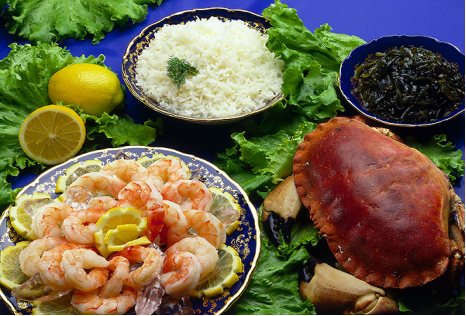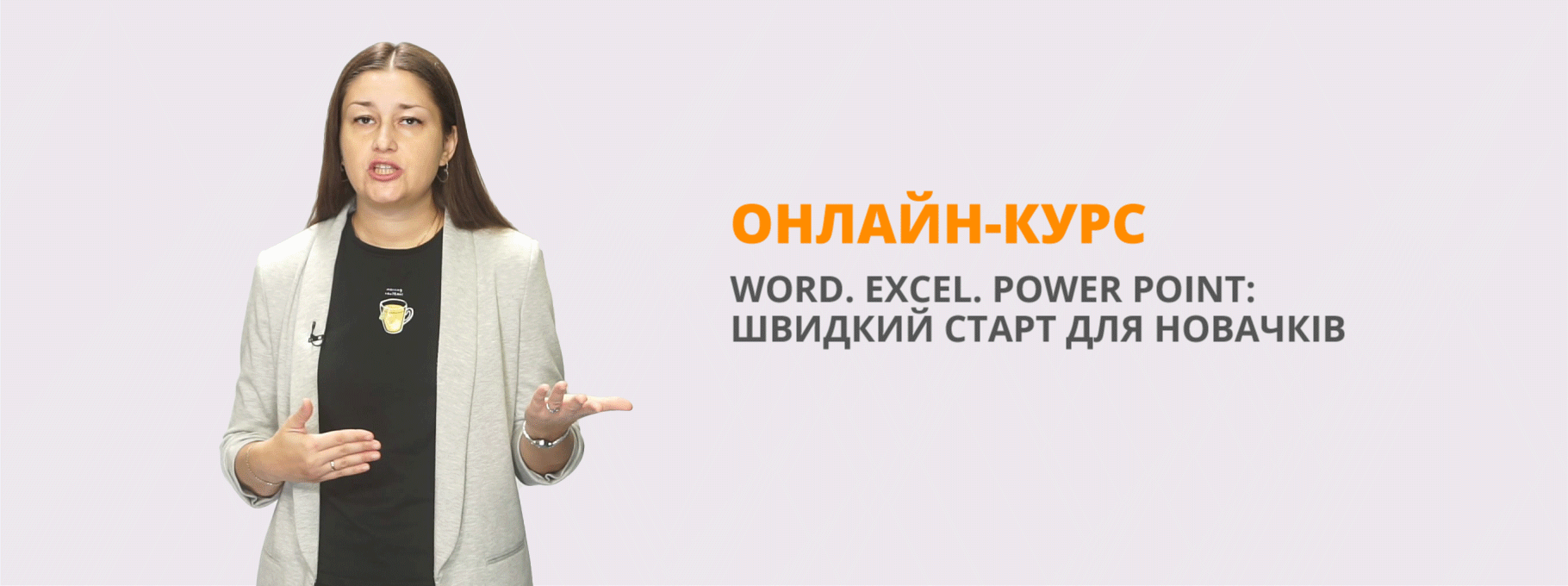Урок у 6 класі на тему " Їжа. Покупки."
Конспект уроку у 6 класі з теми "Їжа.Покупки." Мета уроку - ознайомити учнів з новим лексичним матеріалом; удосконалювати навички правильного читання; формувати навички аудіювання та письма; практикувати роботу в групах та в парах; розвивати діалогічне мовлення з опорою на малюнки; розвивати логічне мислення, пам'ять, увагу; виховувати зацікавленість до вивчення іноземної мови.
Конспект відкритого уроку
у 6 класі з теми «Їжа. Покупки»

Вчитель: Пустовар Ірина Володимирівна
Мета: ознайомити учнів з новим лексичним матеріалом; удосконалювати навички правильного читання; формувати навички аудіювання та письма; практикувати роботу в групах та в парах; розвивати діалогічне мовлення з опорою на малюнки; розвивати логічне мислення, пам'ять, увагу; виховувати зацікавленість до вивчення іноземної мови.
Обладнання: підручник, корзина, загадки, картки для самостійної роботи, картки для роботи в групах, тематичні малюнки, презентація з теми.
Хід уроку
І. Підготовка до сприйняття іншомовного спілкування
Привітання
Good morning, pupils! How are you today?
Who is on duty today?
Who is absent today?
What day is it today?
1.Повідомлення теми та завдань уроку
Today we’ll speak about food. The topic is “Food. Preparing dishes and shopping.”. It is very important because need to know what food is good for our health and how to prepare it.
You’ll:
Revise some word in our topic;
guess the riddles;
make up the dialogues;
read text about British food;
express your opinion;
2.Уведення в іншомовну атмосферу
- I have a basket. You have to put some food into the basket but what food you have to guess. Take the envelope and guess the riddles about food.
1)It’s a vegetable. It’s round and yellow.
It makes you cry when you try. (An onion)
2)It's a long, orange vegetable. Rabbits like it.
(A carrot)
3)It’s white. You like to drink it.
We get it from the cow. (A milk)
4) It’s not a vegetable, not a fruit.
It is cold and sweet. It is made of milk. (An ice-cream)
5) It’s oval and green.
It’s a vegetable. (A cucumber).
6) It is long and yellow fruit. It is sweet and tasty. It grows in the tree.
Monkeys like to eat it. (A banana).
7) It is a vegetable. It is red. (A tomato).
3.Фонетична зарядка
[mı:]-meat
[su:-]soup
[æp]-apple
[t∫i:]-cheese
[kæ]-cabbage
[kЈu]-cucumber
[t∫e]-cherry
[sæ]-salad
ІІ. Основна частина уроку
1.Перевірка домашнього завдання
1)Game “Catch and say” Перевірка ЛО (назви продуктів харчування)
Морква, яблуко, м'ясо, сік, кава, ковбаса, картопля, помідор, торт, курка, банан, молоко, огірок, цибуля, суп, піца, бутерброд, лимон, сир…
2) Зачитування речень про смакові уподобання членів родини
I like…
My mother likes…
My father likes…
We all like…
2.Етап читання
The English have four meals a day: breakfast, lunch, tea and dinner or supper.
In England breakfast time is between seven and nine, lunch time is between twelve and two, tea is between four and five and dinner or supper time is between seven and ten.
We know that some of you don't like porridge. But English people like porridge very much. They usually eat it for breakfast. They like to eat porridge with milk.
English people don't eat much bread. They never eat bread with meat or vegetables. But they sometimes eat bread with soup.
Перевірка розуміння прочитаного
1.Do English people like porridge?
2. How many meals a day do the English have?
3. When is breakfast time in England?
4. Do the English eat porridge for breakfast or for dinner?
5. Do English people drink a lot of tea?
6. Do the English drink tea from cups or glasses?
a. They have four meals a day.
b. In England breakfast time is between seven and nine.
c. They eat porridge for breakfast.
d. They drink tea from cups.
e. Yes, they like porridge very much.
f. Yes, they drink a lot of tea.
KEY:1)e,2)a,3)b,4)c,5)f,6)d.
Робота з підручником
1.Активізація лексичного матеріалу впр.1(в), стор.101.
a carton, a loaf, a packet, a bar, a bottle, a can.
2.Інсценуання діалогів «In the food shop» впр.2,стор.101.
A: Can / Could I have (one, two, …) …, please?
B: Yes, certainly.
A: How much is it? (How much are they?)
B: It’s … (They are … .)
Гра « What is missing?» ( Який продукт зник?)
ІІІ. Заключна частина уроку
- Домашнє завдання
- To learn new words.
- Ex. 7, on p.51 – to fill the missing words into the sentences.
- Підбиття підсумків уроку та виставлення оцінок
- You were good. What did you do at the lesson?
- Your marks are…


про публікацію авторської розробки
Додати розробку
